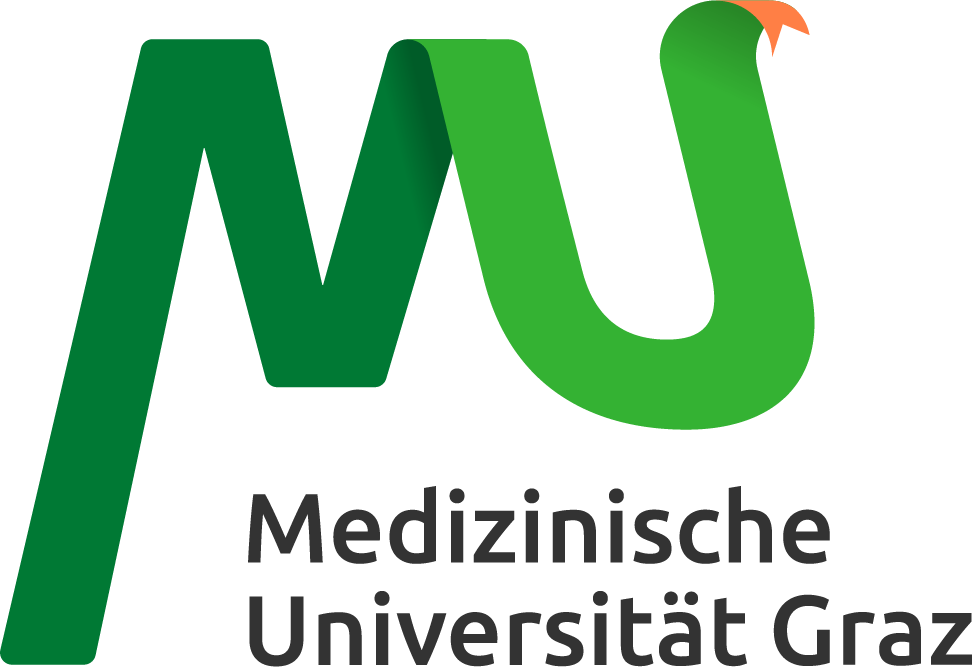
About this module
This module is designed as a practical approach to molecular infectious disease pathology starting with case identification, pre-analytical considerations as well as analytical and post-analytical steps needed to diagnose an infectious disease based on a pathology specimen.
In general the module is designed as a hands-on in the lab course but touches also computational methods, legal aspects and quality assurance measures important in infectious disease pathology
Learning outcomes
- Identify infectious diseases in human specimens
- Decide if ancillary and molecular methods are needed
- Choose the right ancillary and molecular methods
- Choose the right specimen for ancillary and molecular methods
- Perform analyses and interpret the results and provide a report to the end user
- Perform and assess lab quality measurements important in infectious disease molecular pathology
Module Coordinators

- Pr. Gregor Gorkiewicz
-
Gregor is a Professor for Medical Microbiome Research and Associate Professor of Pathology.
He is specialized in infectious disease, gastro-intestinal, pulmonary, genito-urinary and molecular pathology.
His main research interest is to understand the involvement of the microbiome in health promotion and disease development. His research group studies the gut microbiome in the context of inflammatory diseases, specifically addressing its immunomodulatory potential and how this contributes to diseases like inflammatory bowel disease (IBD) and cancer. A major research focus is the modulation of the GI microbiome via fecal microbiota transplantation (FMT). Together with his clinical partners, Gregor established the workflows and frameworks for FMT in Graz, wherein their group is internationally renown. Currently, they try to define the "active ingredients" of FMT to develop new "biotherapies" to replace FMT.

















